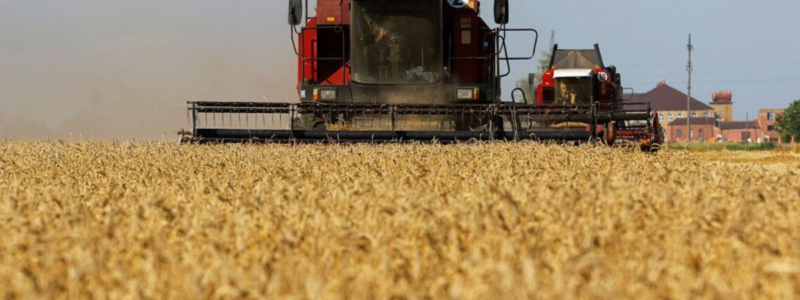
Slovakia and a number of EU countries bordering Ukraine are advocating the creation of a special fund to compensate their farmers for losses caused by the growth in imports of Ukrainian agricultural products. This was announced by Slovak Minister of Agriculture Richard Takáč (Smer-SD) following a meeting of the EU Council on Agriculture in Brussels, according to the TASR news agency.
According to him, the European Commission had previously talked about a 25% increase in quotas for Ukrainian goods, but in reality the figures are much higher — “for honey and sugar, the increase is 400-500%.”
“One problem is quantity, another is product quality and safety. European farmers are required to comply with strict rules on fertilizers, pesticides, and EU standards, while in Ukraine such standards are often absent,” Takáč emphasized.
The minister noted that it was Ukraine’s neighboring countries, which experience the main influx of products, that approached the European Commission with this initiative, while Western European countries often benefit from cheaper imports and do not feel the pressure.
Takach suggested that Slovakia would not be able to “achieve 100% success” in the negotiations, but he is counting on a compromise solution.
“In the new EU financial plan and within the framework of the common agricultural policy, I see an opportunity to create a fund specifically for countries bordering Ukraine. This fund should compensate our farmers and processors for their losses,” he said, adding that Slovakia will seek support through the government and the prime minister.
According to him, agreements on this have already been reached with his Polish counterpart. The issue of increased quotas for Ukrainian agricultural products will also be discussed during the upcoming joint meeting of the governments of Ukraine and Slovakia.
Since 2022, the EU has provided Ukraine with unprecedented access to the common market to support the economy in wartime. However, a number of Eastern European countries — Poland, Hungary, Romania, Slovakia, and Bulgaria — have repeatedly complained about the growing pressure on their producers of grain, sugar, and other crops.